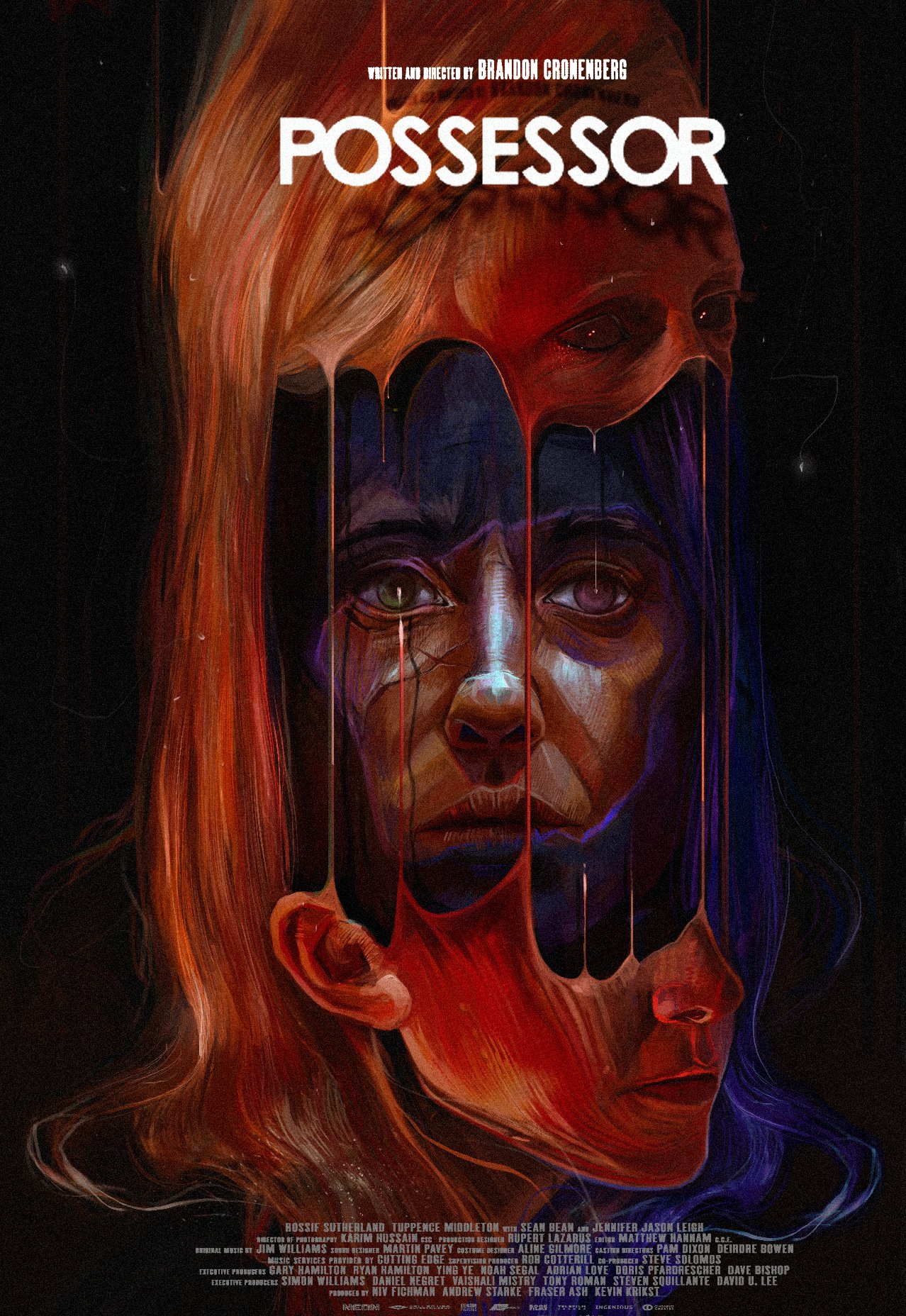
Emotions are powerful. They show to others that the human body is not just an emotionless slab of stone. And with emotions comes empathy. According to Merriam Webster, empathy is defined as “the action of understanding, being aware of, being sensitive to, and vicariously experiencing the feelings, thought, and experience of another of either the past or present without having the feelings, thoughts, and experience fully communicated in an objectively explicit manner”.

When I think of the word empathy, the first thing that comes to mind is empath, which is defined as “a person with the paranormal ability to apprehend the mental or emotional state of another individual”. The first example that came to my mind was the character “Alex Chen” from the videogame “Life is Strange: True Colors”, who has the ability to read a persons mind and emotions, and in some cases can forcefully change a persons emotions. I would highly recommend playing it.
Anyway, back to the point of this blog post, two things that I watched this week that explored the concept of empathy and embodied cognition, being the movie “Possessor” and the Futurama episode “I Second that Emotion”.

The first thing that I watched was the movie “Possessor”. The film was released back in 2020, and to my surprise it was directed by Brandon Cronenberg. I first thought to myself “wait, why does that last name sound so familiar”? So, I looked it up and I realized that Brandon was the son of David Cronenberg, a Canadian film director who is best known for his body horror movies such as “Videodrome” and “The Fly”. So, after watching the movie, I can say without any uncertainty “Like father, like son”, because Brandon’s use of body horror was phenomenal. One scene that I want to focus on is the scene that takes place in the middle of the movie where Vos, already possessing Colin’s body, is feeling sick and heads to the bathroom. When we see Colin’s eyes, we see a light cross, which is apparently what Vos is currently seeing through her eyes from being strapped to the possession machine. This is an example of perception, because we are seeing things from Vos’ point of view thru the body of Colin as Vos’ perspective is being perceived from somewhere else.

After watching “Possessor”, I watched the Futurama episode “I Second that Emotion”. In this episode, Bender flushes Leela’s pet Nibbler out of jealousy, so to get back at him, Professor Farnsworth installs an empathy chip to Bender so he can feel all the emotions Leela is feeling. The scene that I want to focus on is at the end of the episode, when Leela is tied to a pole and is about to be eaten by El Chupanibre, and thanks to the chip, Bender is too scared to fight El Chupanibre because Leela’s afraid. This is the perfect example of embodied cognition, where we see the body of another person and we “sense in” into their body and “live through it”. Now, even though Bender “sensing” Leela’s emotions is coming from an empathy chip, the point still stands.
4 thoughts on “Analysis 2: Empathy and Cognition”
Hi Hasan,
I love that you brought up the idea of empaths in your blog post. I was very, very close to pairing Possessor with an episode of Star Trek: The Next Generation in which the Enterprise’s counselor Deanna Troi–who is a human-alien hybrid—loses her empathic abilities. But we’ll be watching a Troi-centric Star Trek: TNG episode in two modules when we talk about emotion, so I decided to go with Futurama instead (which actually functions as a kind of inverse of the Star Trek episode I was contemplating).
And yes, Brandon Cronenberg is definitely a Cronenberg, though he does stylistically depart from his father to put his own spin on his horror.
I really like your observation about how perception is working in the film. We might think about how point-of-view shots are used in cinema to present us with an empathetic connections to characters. In that scene, like Vos, we are perceiving the world through Colin’s body.
Also, you do a great job of incorporating some of the terminology that you learned from the VoiceThread into your discussion of Futurama. Might we also think about how in Possessor Vos senses-in and lives through the bodies she inhabits?
Jessica Hautsch
Great post, I love that you brought up an outside source that displays an example of someone who could be thought of as an empath! I’ll have to check that game out. I like that you pointed out the crosses in his eyes when looking in the mirror, I had noticed that too but didn’t make the connection to the possession machine. Your analysis of Bender sensing into Leela’s feelings was really nice, even if he was forced to sense in.
Meghan Krulder
Fascinating analysis! I love the power of your perception. As you said, Alex Chen’s ability to perceive emotions in the video game Life is Strange is similar to mind reading by analyzing other people’s feelings to guess their inner thoughts. In Possessor, Vos perceives her environment through pipes and butterfly specimens, and at the beginning, after killing, she uses her fingers to touch blood to perceive her environment and emotions at that time. And in his “work” of observing other people’s lives with a VR monitor, Vos feels more of his subconscious self. Is this also the effect of empathy? Even more interesting is that you pointed out that the cross in Colin’s eyes when he looked in the mirror exactly shows what empathy does. At the film’s end, “Tate & Vos” kills Michael and Vos’s son. This paragraph is very confusing. We can no longer tell what is “Tate & Vos” from the outside. It also leads to confusion in the theory of mind.
Meanwhile, I think the scenes flashed back to Vos during the mission, the bright knife, the helpless neck, and the blood gushing out, all of which made her identity boundary blurred, and her life became chaotic because perception is Cognitive facts. For example, Shaun Gallagher gives an example: seeing people in the gym moving their bodies in strange poses and different ways, we know they are doing yoga. Plus, Bender’s empathy chip in Futurama is what makes him and Leela empathize even when forced. The link between the chip and the cross is empathy.
yichen8
Hi Yiyi,
I really like your point about how we see the boundary between Vos and Colin break down when he is at his data mining job. Why do you think this is? How does the connect to other instances of surveillance that we’ve seen in the film?
Jessica Hautsch